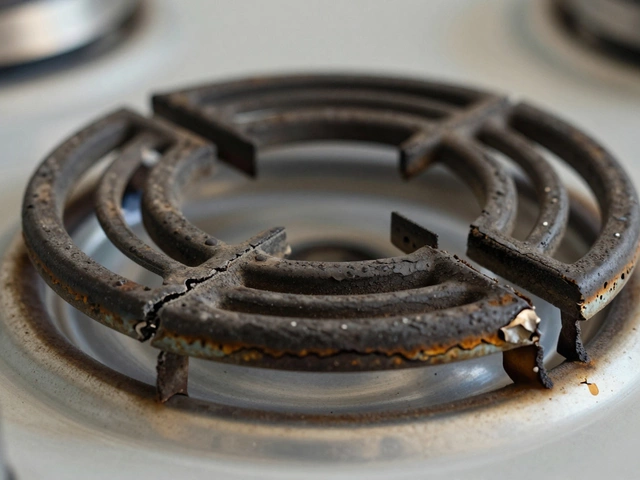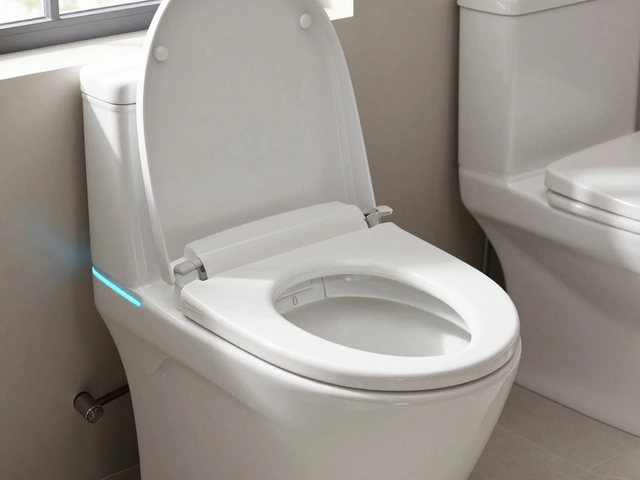Replace Water Heater: How to Know It’s Time and What Comes Next
Cold showers are annoying, but a failing water heater can be a bigger headache. Before you call a plumber, check if the unit is actually beyond repair. Replacing a water heater isn’t a decision you need to rush, and a quick look at a few clues can save you time and money.
Key Signs It’s Time for a New Heater
First, listen for strange noises – rumbling, banging, or popping means the tank is probably corroded inside. Next, look at the age. Most tanks last 8‑12 years; if yours is older, the parts wear out faster. Leaks are a red flag too. A puddle around the base signals a cracked tank that won’t be fixed cheaply.
Other warning signs include low hot‑water output, rusty or discoloured water, and the pilot light that won’t stay lit (for gas models). If you’re constantly resetting the breaker or resetting the reset button on an electric heater, the heating element may be dying.
Choosing the Right Replacement
When you decide to replace, think about capacity. A 40‑gal tank works for a couple of people, but a family of four usually needs 50‑80 gallons. If space is tight, a tank‑less (on‑demand) unit might fit better and can save energy in the long run.
Compare fuel types. Natural gas is cheaper to run than electricity, but electric models are easier to install in apartments without a gas line. Look for the Energy Star label – it guarantees higher efficiency and lower bills.
Don’t forget the warranty. A good warranty (usually 6‑12 years) protects you if a defect shows up early. Ask the installer about maintenance plans – a yearly flush can extend the life of your new tank.
Installation costs vary. Expect $500‑$1,200 for a standard gas tank, $600‑$1,500 for electric, and $1,500‑$3,000 for tank‑less systems. Labor can be a big part of that figure, so get a few quotes to compare.
If you’re handy and the local code allows, you can replace an electric heater yourself. Turn off the breaker, drain the tank, disconnect the wires, and install the new unit following the manufacturer’s instructions. For gas heaters, always hire a qualified professional – mishandling gas lines is dangerous.
Finally, remember to recycle the old tank. Many scrap metal yards take them for free, and some local councils offer collection services.
Replacing a water heater feels like a big job, but knowing the signs, picking the right size, and budgeting for installation make it manageable. Keep these tips in mind, and you’ll have hot water again without unnecessary stress.
14 August 2024
·
0 Comments
Hot water heaters are essential in ensuring comfort and functionality in any home. Knowing when to replace them can save you time and money. This article highlights common signs indicating a need for replacement, such as age, inefficiency, leaks, and unusual sounds. By understanding these signals, you can make informed decisions about your home's water heating needs.
Read more






